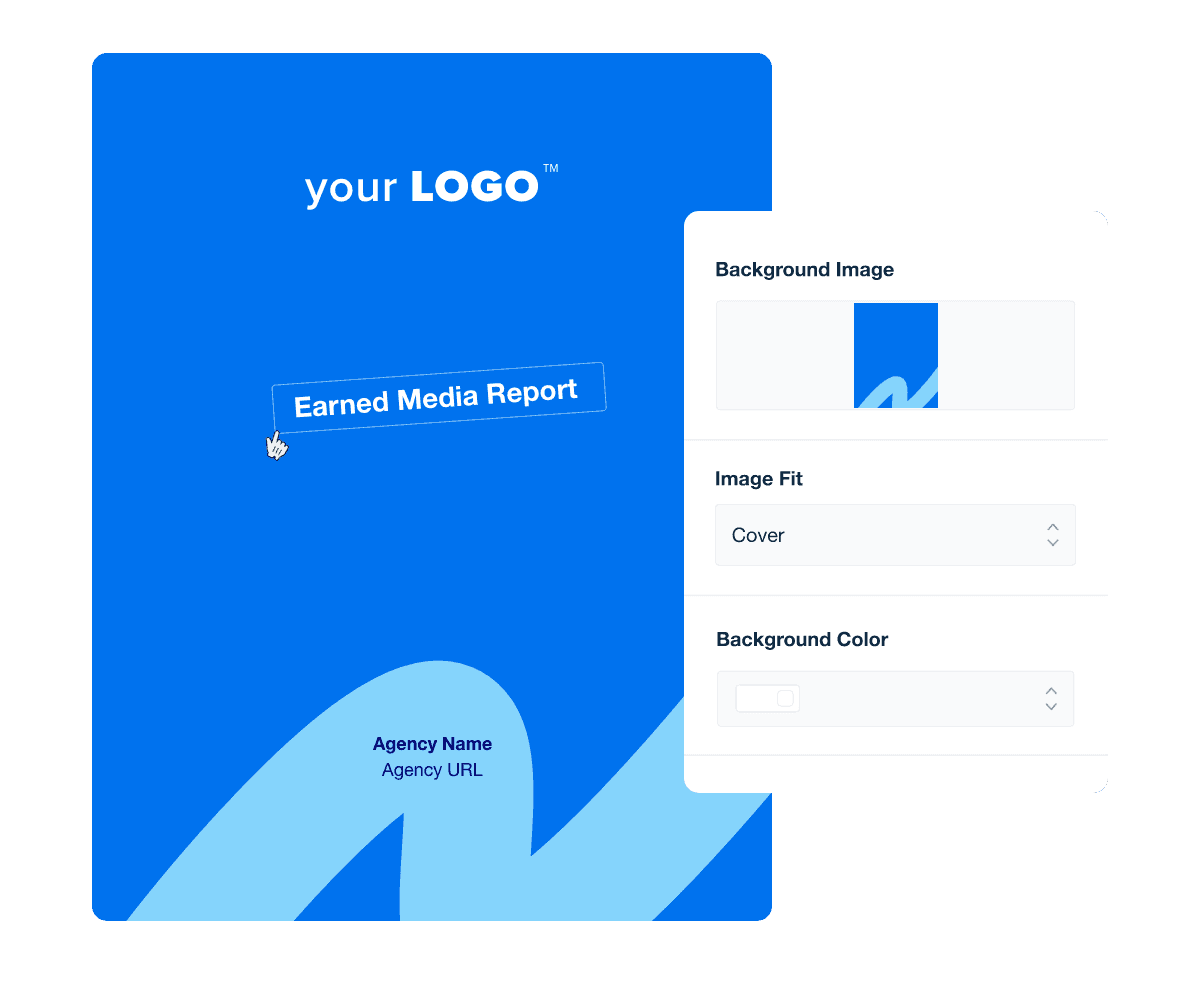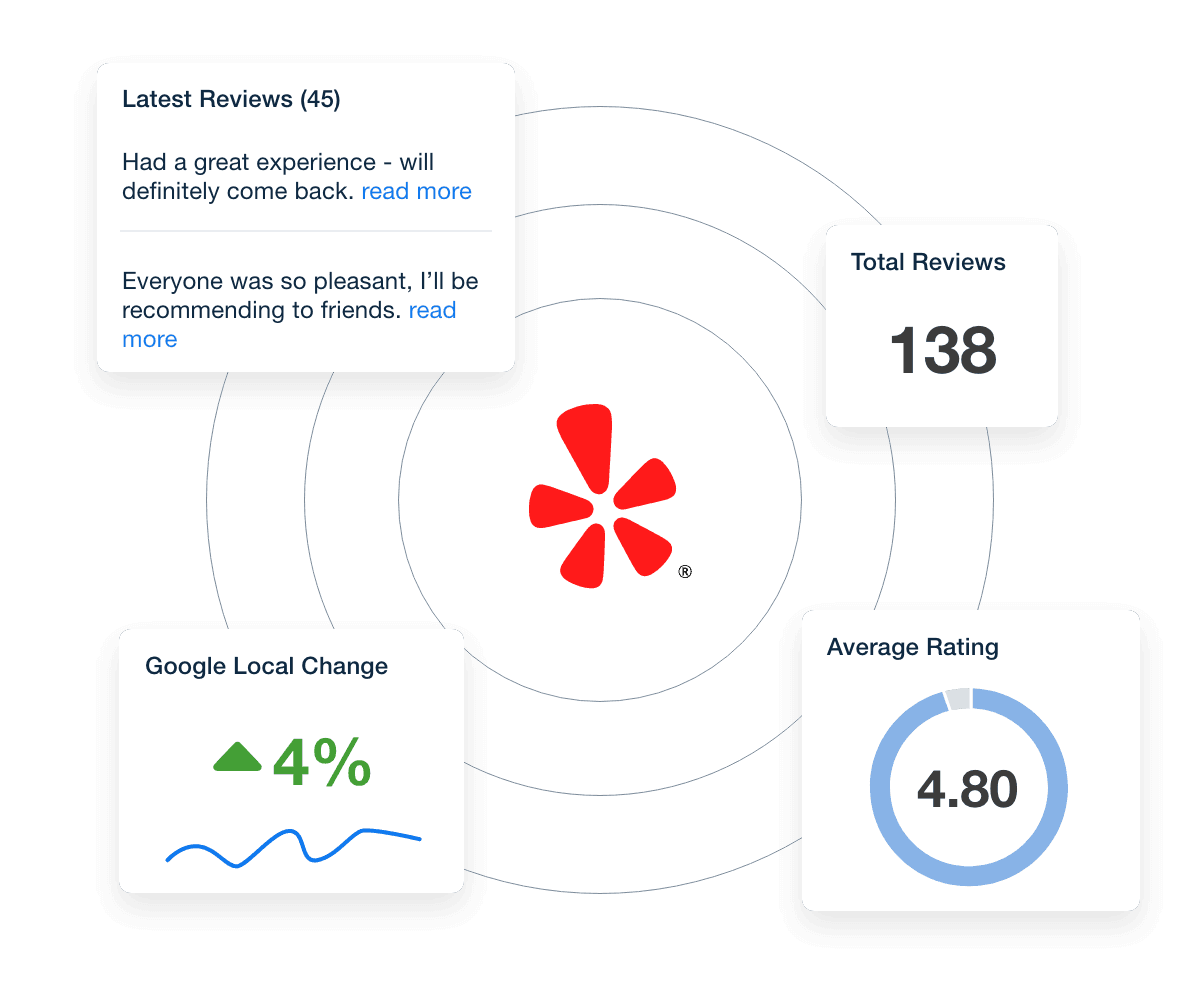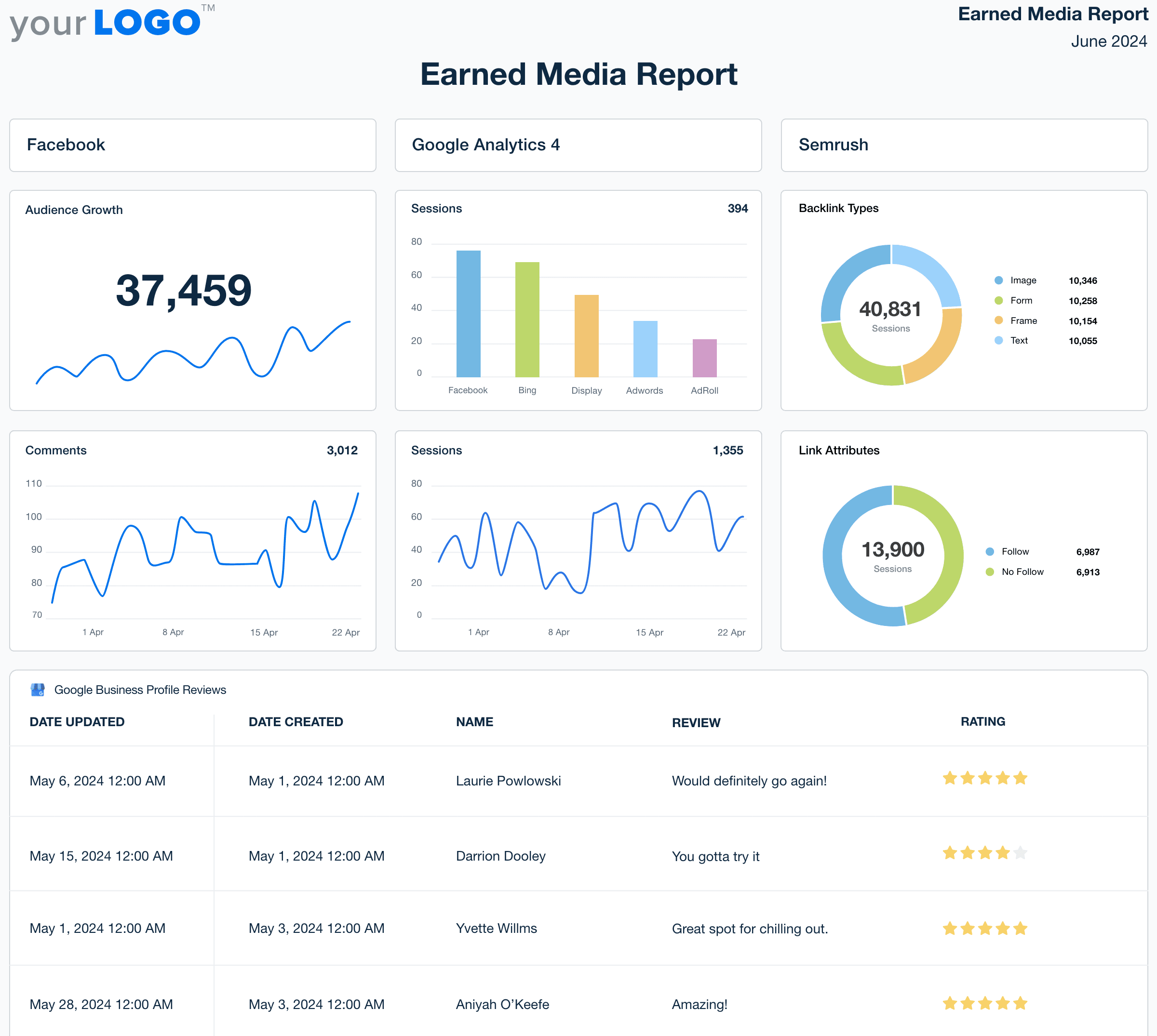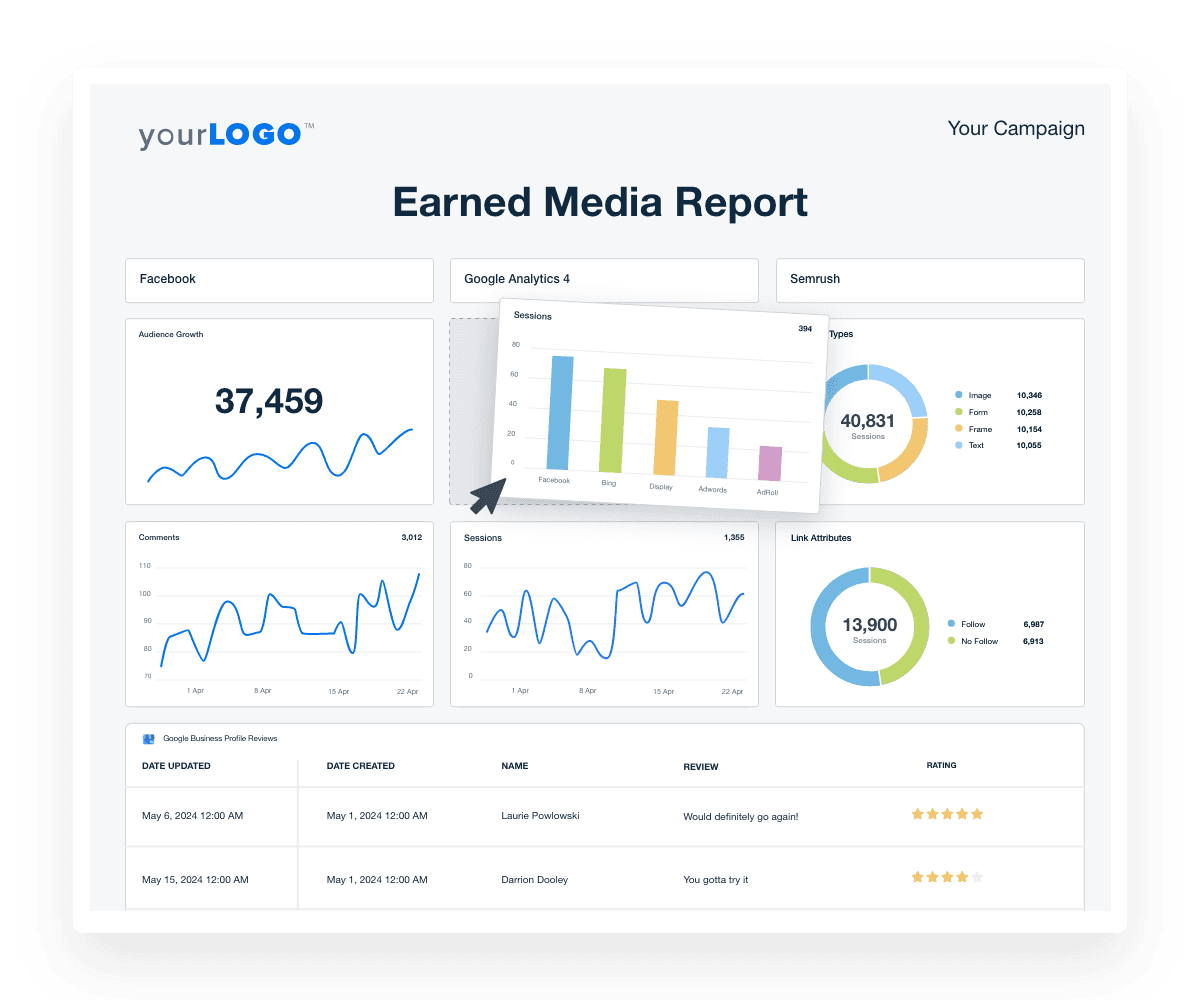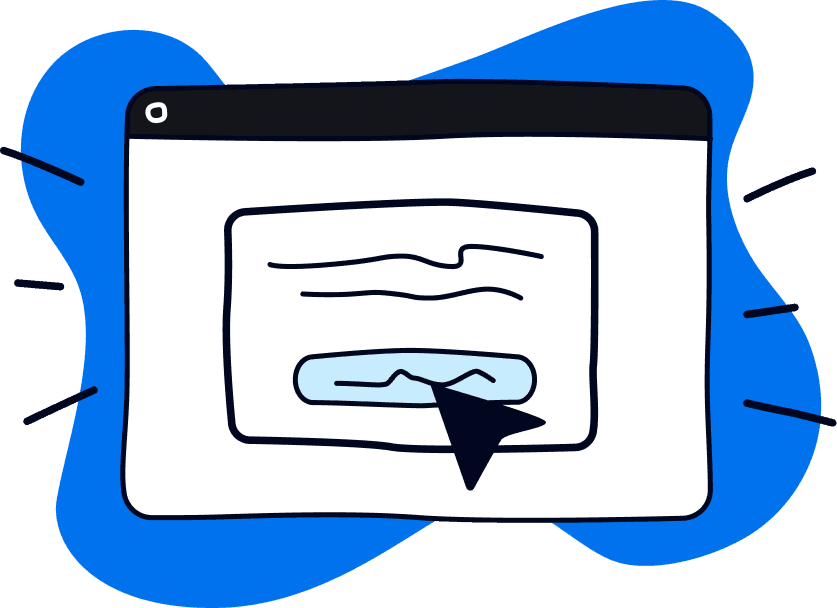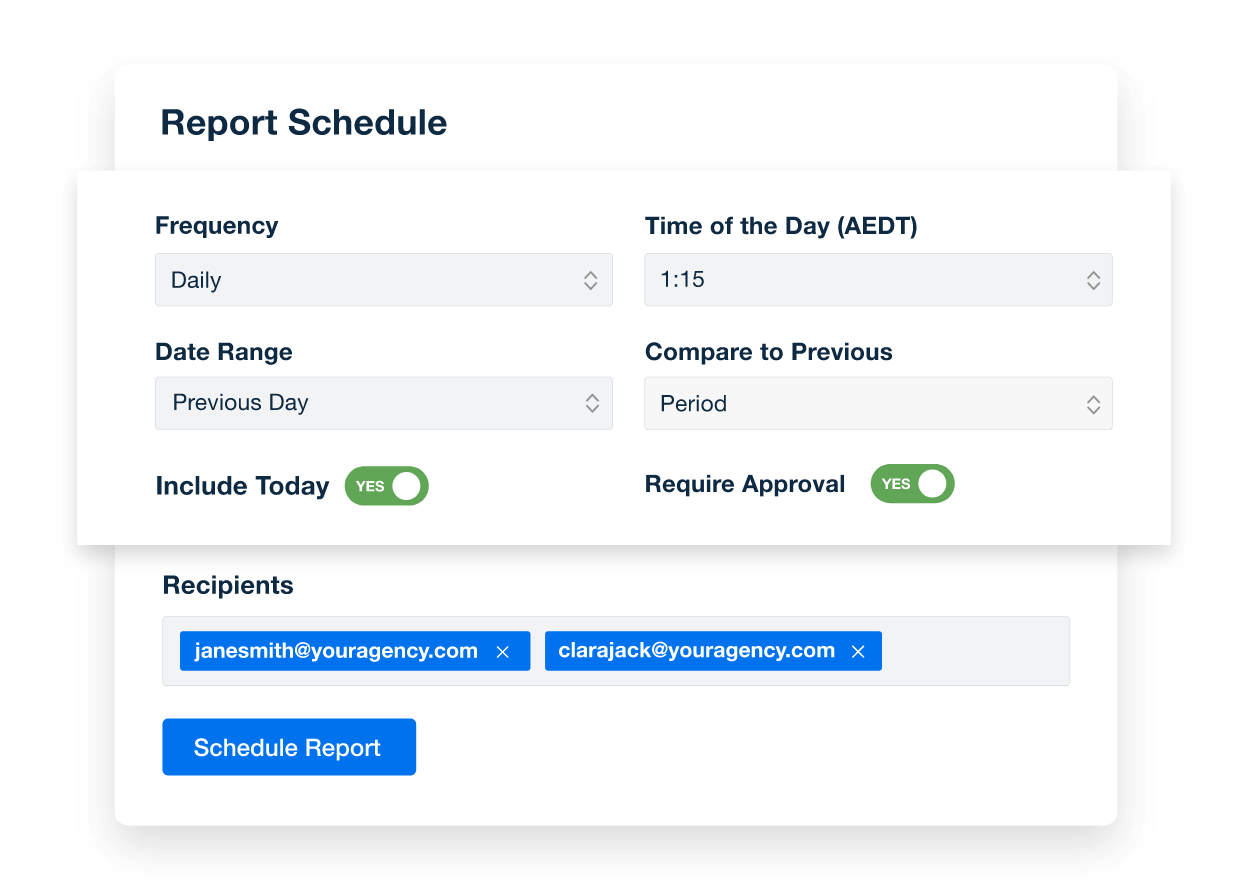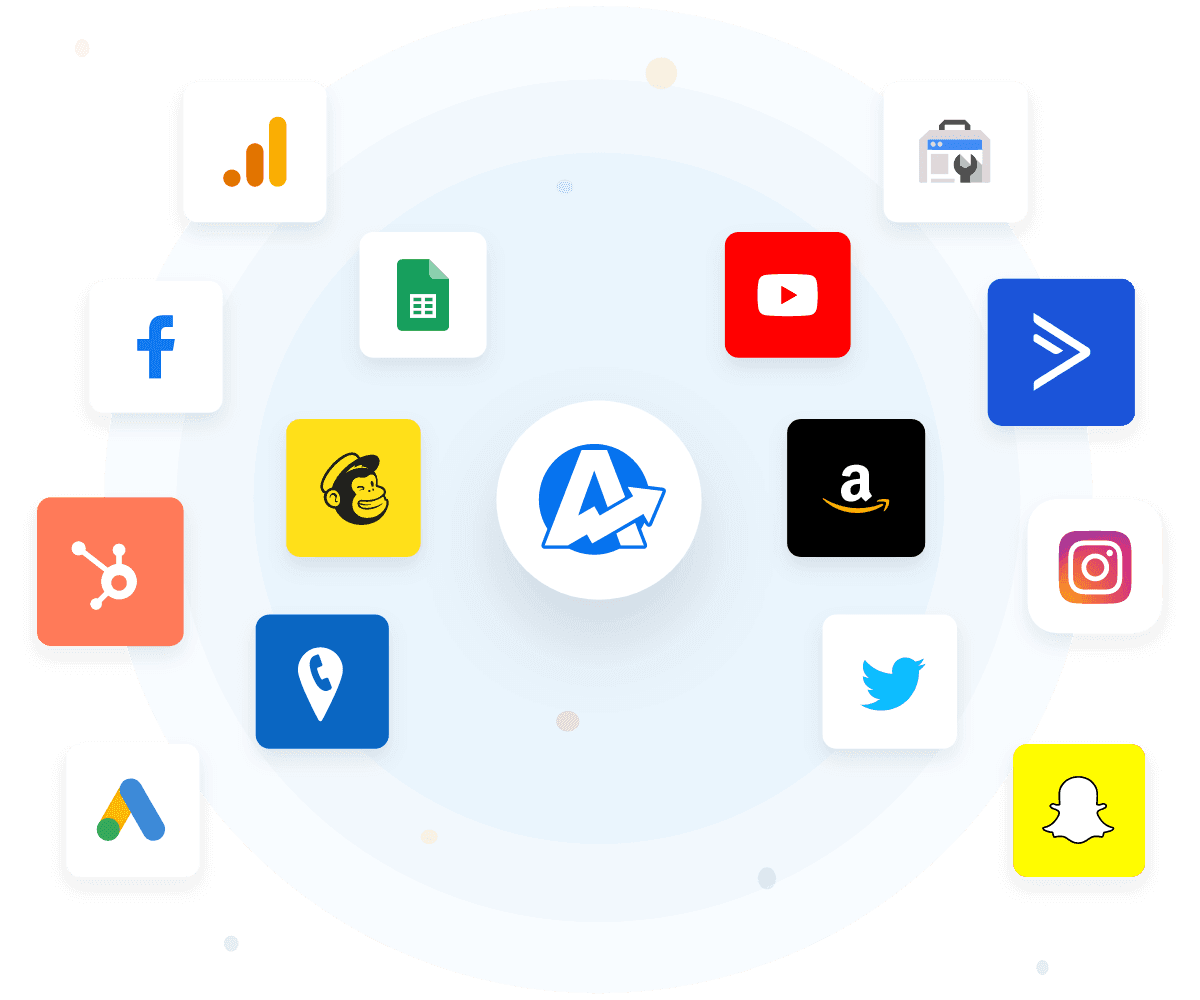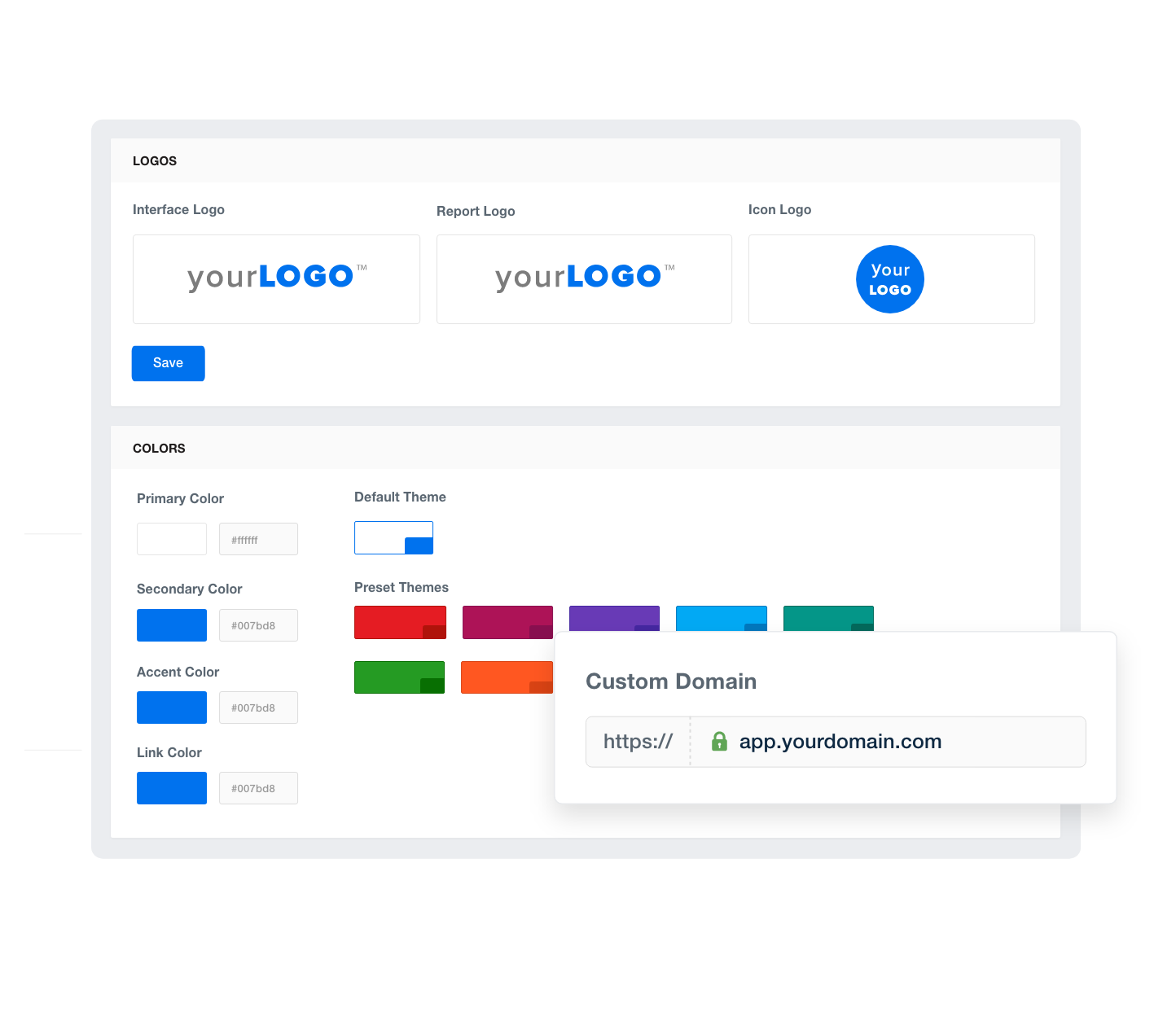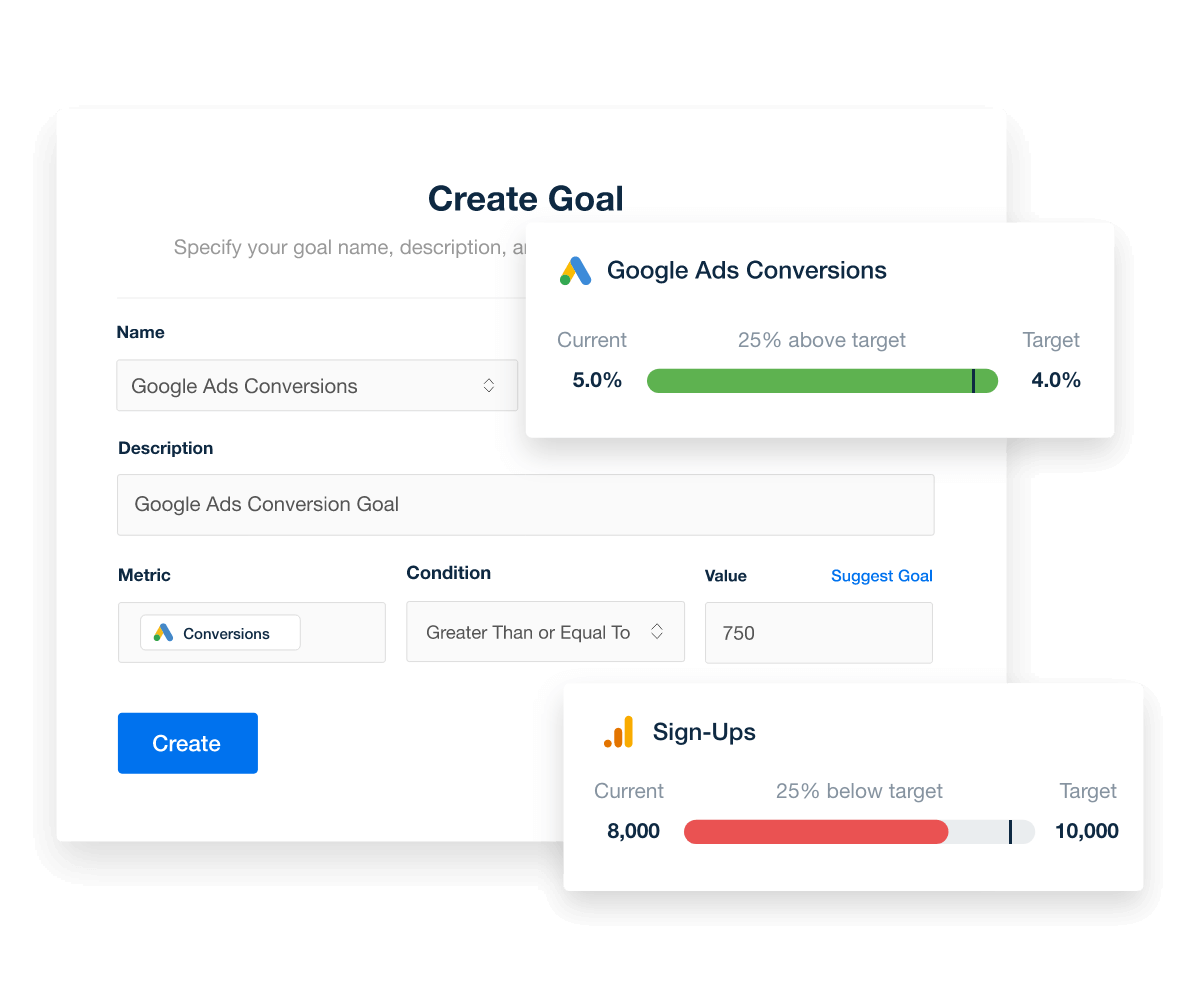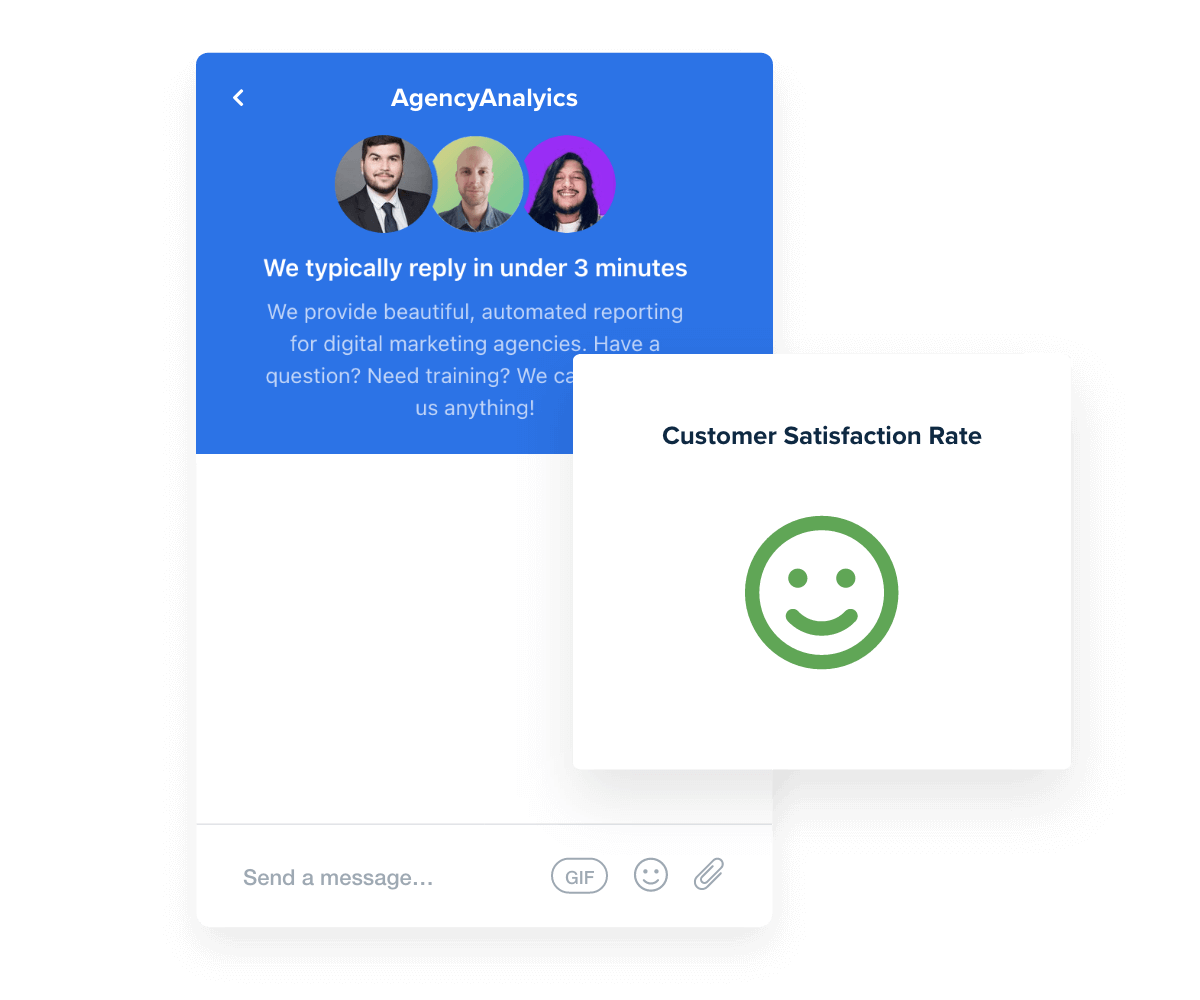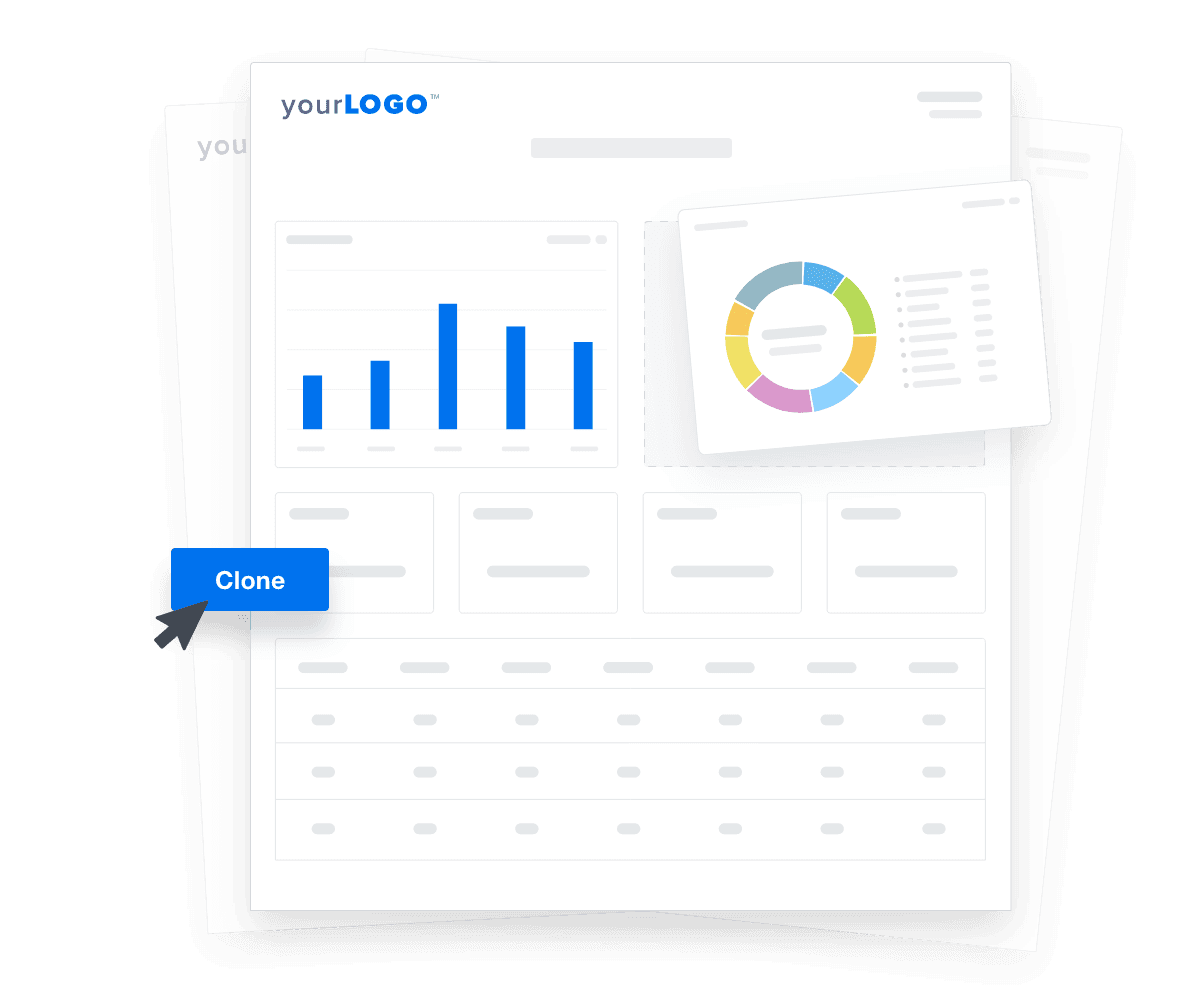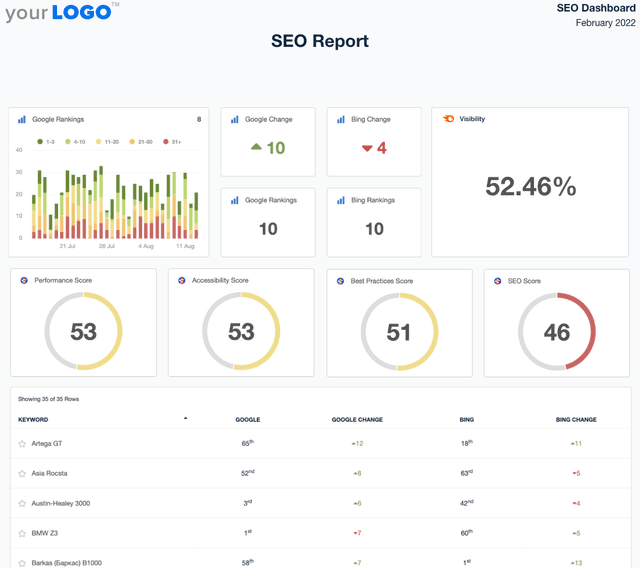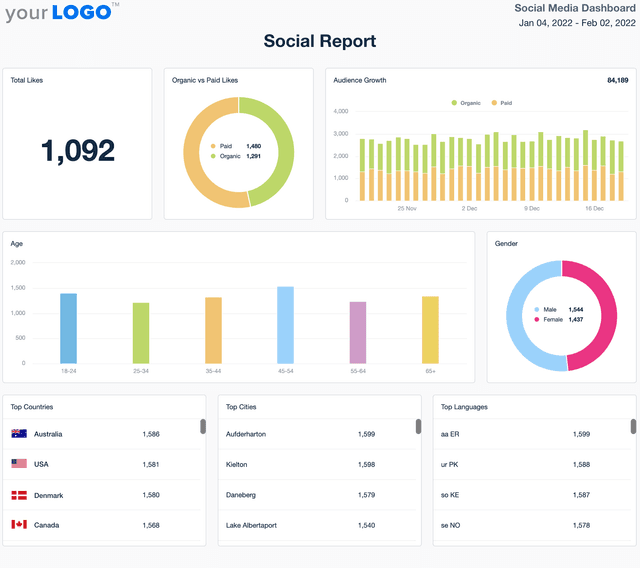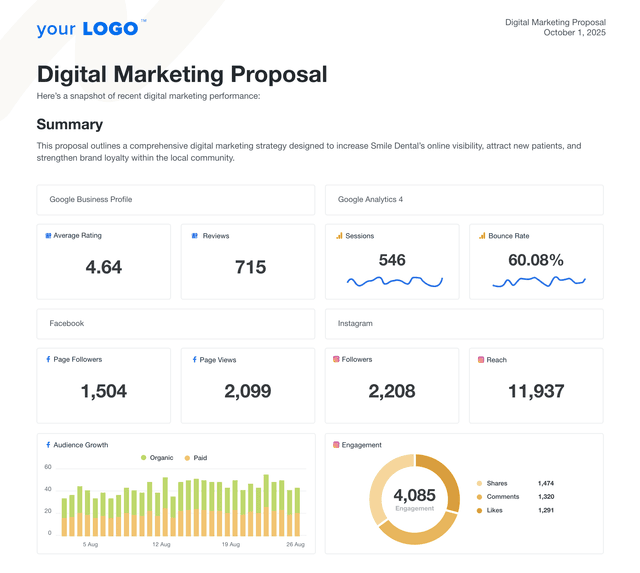Earned Media Report Template for Clear Performance Insights
Customizable Earned Media Report Templates for SEO and Social Performance
Showcase the value of your agency’s SEO and social media efforts with client-ready reports that highlight organic growth. Customize layouts, apply white-label branding, and visualize trends in traffic, engagement, and visibility across key channels.
Templates pull live data from 80 marketing platform integrations to eliminate manual work and ensure your clients always see accurate, up-to-date insights. Build trust with transparent reporting that proves the long-term impact of your earned media strategies.
Custom Earned Media Reports as Unique as Your Agency
Put Your Earned Media Reporting on Autopilot
Ensure you never miss a deadline with scheduled client reports. Automate the delivery of precise, timely updates, freeing your team to focus more on strategy and less on administration. Streamline your reporting workflows, keep clients informed, enhance satisfaction, and reinforce your agency's reputation for reliability and efficiency.
10 Sections Included in an Earned Media Report Template
